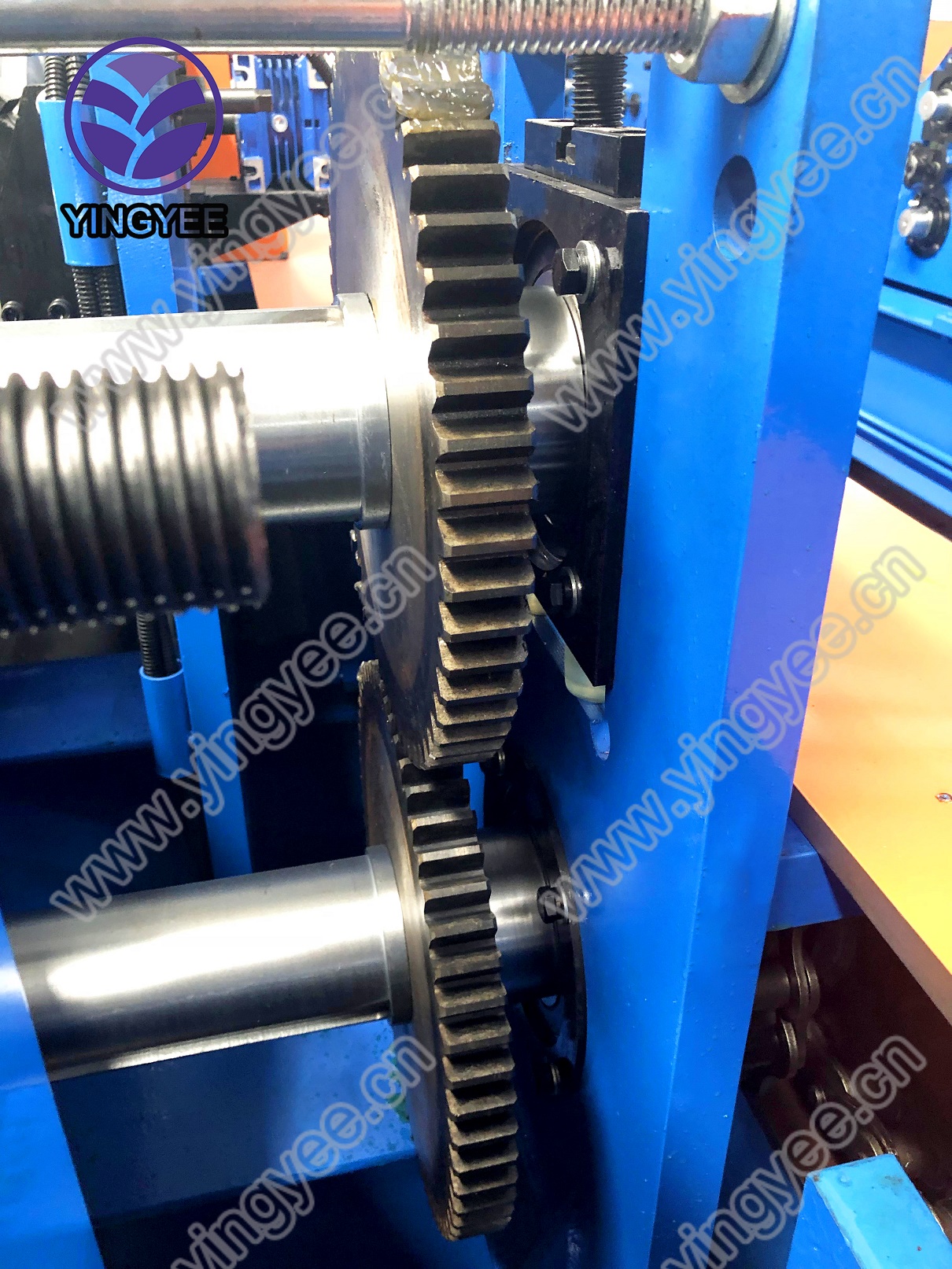
Exploring Automatic Thread Rolling Machines Revolutionizing Fastener Production
Thread rolling is a crucial manufacturing process used to create threads on cylindrical parts, essential in the production of fasteners such as screws, bolts, and nuts. Traditionally, this process was labor-intensive and required considerable manual oversight. However, the advent of automatic thread rolling machines has transformed this industry, introducing efficiency, precision, and scalability that were previously unattainable.
Automatic thread rolling machines utilize advanced technology to perform high-speed, high-precision thread formation. These machines employ a method known as cold forming, where a blank piece of metal is mechanically shaped into threaded forms without the need for cutting. This process is not only efficient in terms of time but also materially economical, as it reduces waste—approximately 30% less material is used compared to traditional cutting methods.
One of the standout features of automatic thread rolling machines is their capability for mass production. In modern manufacturing, speed is synonymous with competitiveness. These machines can produce thousands of threaded parts per hour, significantly enhancing productivity. For manufacturers, this means the ability to meet rising demands without compromising on quality. With automated systems, consistency in thread dimensions and structural integrity is maintained, crucial attributes that influence the performance of fasteners in various applications, from automotive to aerospace.
Moreover, the versatility of automatic thread rolling machines is noteworthy. They can handle a diverse range of materials, including steel, aluminum, and even certain plastics. This adaptability allows manufacturers to tailor their products to specific industry requirements. Additionally, these machines can be configured for different thread types and sizes, accommodating the diverse needs of clients without necessitating a complete overhaul of the equipment.

The technological advancements in automatic thread rolling machines extend beyond mere speed and efficiency. Modern machines come equipped with sophisticated control systems that monitor the rolling process in real time. This level of oversight enables operators to detect anomalies early and adjust settings dynamically, minimizing the risk of defects. Furthermore, many machines integrate with Industry 4.0 technologies, allowing for seamless data exchange and remote monitoring. This not only enhances operational efficiency but also provides valuable insights into production performance, leading to continuous improvement.
Safety is another critical advantage offered by automatic thread rolling machines. The automation of the thread rolling process reduces the risk of workplace injuries, a common concern in manual threading operations. By minimizing human intervention, manufacturers can create a safer workplace environment while simultaneously increasing throughput.
Despite these advantages, investing in automatic thread rolling machines requires careful consideration and planning. The initial financial outlay is typically higher than that of conventional machines. However, organizations must view this as a long-term investment, as the return on investment (ROI) from increased production efficiency, reduced labor costs, and material savings can be substantial.
In conclusion, automatic thread rolling machines are at the forefront of revolutionizing the fastener production industry. Their ability to deliver high-precision, cost-effective, and efficient production processes positions them as a vital tool for manufacturers looking to thrive in a competitive landscape. As technology continues to evolve, the capabilities of these machines will likely improve, further cementing their importance in modern manufacturing environments. For any business in the fastener industry, embracing this technology represents not just an opportunity for growth but a necessity for staying ahead in an ever-evolving market.